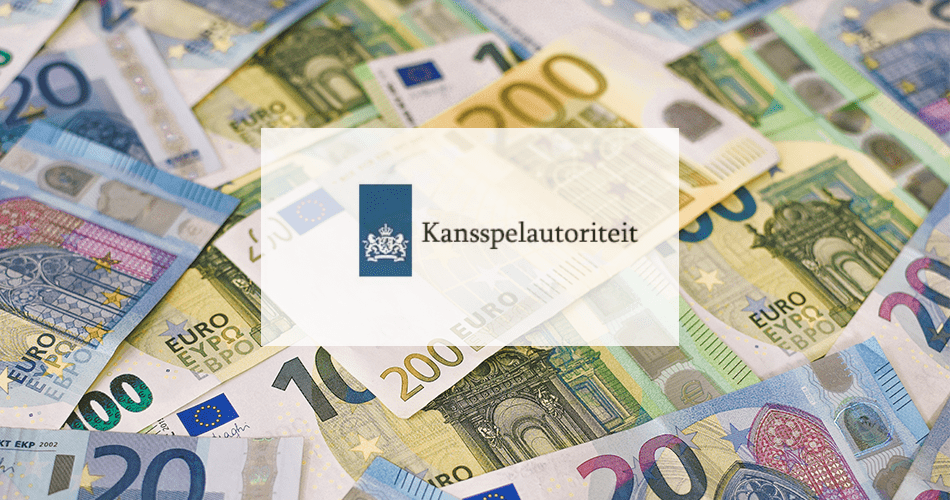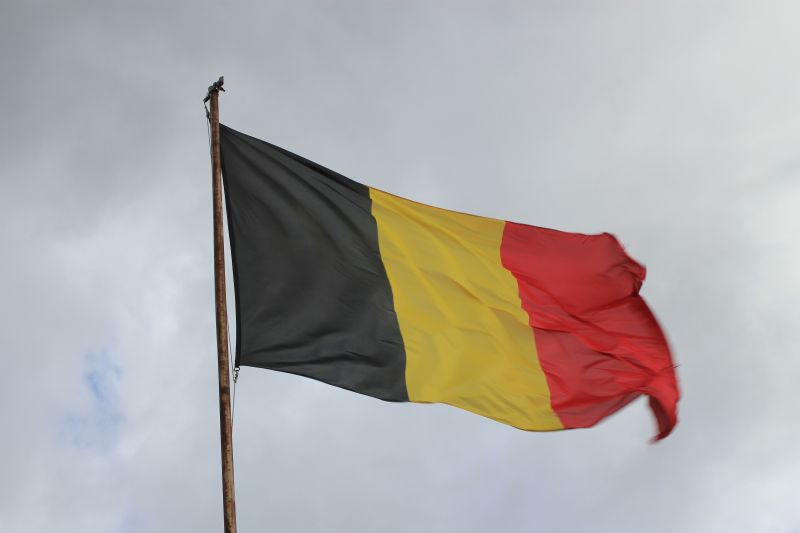Hungarian Prime Minister Viktor Orban made a surprise visit Monday to Beijing, where Chinese leader Xi Jinping called for a global effort to push Russia and Ukraine toward a “cease-fire” and praised Orban’s diplomatic initiatives. It was a powerful display of how Xi and Russian President Vladimir Putin are seeking to create a multipolar world order not dominated by the United States.
World
With Orban in China and Modi in Russia, Putin’s multipolar world takes shape

Even as Xi embraced Orban in the Chinese capital, Russian missiles smashed down in Kyiv, Dnipro and other Ukrainian cities on Monday — killing at least 31 people, including two at a children’s hospital in Kyiv, and highlighting the vicious brutality of Putin’s war.
In response to the missile attack, but also apparently the new diplomatic maneuvers, Ukrainian President Volodymyr Zelensky called for global pressure to halt Russia’s aggression. “The whole world must use all its determination to finally put an end to the Russian strikes,” Zelensky posted on Telegram. “Murders are what Putin brings. Only together can we bring true peace and security.”
The Russian Defense Ministry, posting on Telegram, confirmed that it had carried out a major missile attack on Ukraine on Monday but insisted that the targets were “Ukrainian military industry facilities” and “air bases.”
Orban’s visit to China followed trips to Kyiv and Moscow last week, just days after Hungary took over the rotating presidency of the Council of the European Union. His foray into peacemaking has drawn criticism in the West of his attempt to pressure Kyiv to surrender territory that Moscow has seized by force.
GET CAUGHT UP
Stories to keep you informed
In Brussels, officials disavowed Orban’s efforts, saying he was not authorized to conduct diplomacy for the E.U. “It should be clear he is only representing his own country,” said an E.U. diplomat, speaking on the condition of anonymity because they were not authorized to speak to the press.
Eric Mamer, a spokesman for the European Commission, emphasized that Orban was flying solo. “He has no mandate on these visits to represent the E.U.,” Mamer said.
But Putin, welcoming Orban in Moscow last week, pointedly invoked Hungary’s E.U. presidency. And in a sign of the new multipolar dimension of geopolitics, the Hungarian prime minister’s visit to Beijing occurred just hours before Indian Prime Minister Narendra Modi arrived in Moscow on a state visit, his first since Putin ordered the invasion of Ukraine in February 2022.
In a statement before he left New Delhi on Monday, Modi hailed “my friend Vladimir Putin” and “the Special and Privileged Strategic Partnership between India and Russia.” After he landed, Russian and Indian media showed Modi, dressed in a bright turquoise vest, arriving at his Moscow hotel and being greeted by Indian dancers and well-wishers waving Indian flags.
Indian purchases of Russian oil, which have surged 20-fold since 2021, have helped Moscow withstand tough Western economic sanctions imposed in response to the invasion of Ukraine.
With his visit to Moscow, Modi, who was reelected last month, was signaling his autonomy even though the Biden administration has worked assiduously to court the Indian leader.
“Mr. Putin will like to convey to the public: India is a friend, all this talk about isolating Russia is empty talk, not everyone is under the sway of the U.S.-led West, and the asymmetrical but multipolar world has arrived,” said Nandan Unnikrishnan, director of the Eurasian program at the Observer Research Foundation, a think tank in New Delhi. “India would agree that it’s a multipolar world, even if [India] is slightly skewed toward the West.”
Orban’s visit to China represented a diplomatic triumph for Putin, who has long called for such a multipolar, non-Western world order. Putin has insisted that the West, particularly the United States and Britain, is responsible for prolonging his war in Ukraine by not pressuring Kyiv to give in to his territorial demands.
Upon landing in China, Orban posted a photo of himself on X captioned: “Peace mission 3.0 #Beijing.”
At the meeting with Orban in Beijing, Xi said he appreciated the Hungarian leader’s efforts to bring about a political solution to the war in Ukraine, which he referred to as a “conflict.”
“China and Hungary share the same basic positions and are working in the same direction,” he said.
“Only when all major powers exert positive energy rather than negative energy can the dawn of a cease-fire in this conflict appear as soon as possible,” Xi said, according to Chinese broadcaster CCTV. China, Xi added, has been “actively urging peace and advocating talks in its own way.”
In an interview with the German newspaper Bild, Orban insisted that Ukraine could never defeat Russia. “There is no solution to this conflict on the front lines,” he said, adding: “Putin cannot lose if you look at the soldiers, equipment and technology. Defeating Russia is a thought that is difficult to imagine. The probability that Russia could actually be defeated is completely incalculable.”
Ukraine, meanwhile, has insisted that it cannot agree to any cease-fire while Russian forces are occupying about one-fifth of its territory and missiles and bombs are falling on its cities. Zelensky has called for a full withdrawal of Russian troops, including at a “peace” summit in Switzerland last month that China pointedly did not attend. Russia was not invited.
Beijing has rejected criticism from Ukraine, Europe and the United States over its decision to skip the Swiss-hosted peace summit, arguing that it cannot take part in talks where Russia is excluded. China, alongside Brazil, instead provided its own six-point proposal, for which Chinese officials claimed to have secured support from dozens of countries across the developing world.
From Beijing’s perspective, Western countries have served as an impediment to getting Russia and Ukraine to sit down and negotiate directly, said Cui Hongjian, an international relations scholar at Beijing Foreign Studies University. Beijing believes “it must make a voice and it must have a position,” Cui said.
China’s claimed neutrality has come under increasing strain as the war drags through a third year and China’s trade with Russia booms — along with mounting evidence of Chinese companies providing economic and indirect support for Russia’s military-industrial base.
In public statements and appearances, Putin and Xi increasingly have shown alignment in their shared ambition to remold the global order and weaken the influence of the United States.
Xi and Putin met last week in Kazakhstan, where Putin spoke of progress toward a “fair, multipolar world order” during the annual meeting of the Shanghai Organization Cooperation, one of many multilateral groupings the two powers have used to extend their influence.
At that meeting, Putin suggested resuming negotiations that took place in Istanbul in 2022, shortly after Russia’s invasion, when Ukraine was in a weak position. In the years since, each side has suffered tens of thousands of casualties, and Russia has made only marginal progress toward illegally annexing four southeastern Ukrainian regions, in addition to Crimea, which it seized by force in 2014.
In Moscow on Monday, Kremlin spokesman Dmitry Peskov said Moscow was in favor of the diplomatic efforts.
“President Vladimir Putin is a convinced supporter of the preferability of political and diplomatic efforts to find a solution to the Ukrainian conflict,” Peskov said.
Shepherd reported from Taipei, Taiwan, and Shih from New Delhi. Serhii Korolchuk in Kyiv, Kate Brady in Berlin, Emily Rauhala in Washington, and Natalia Abbakumova in Riga, Latvia, contributed to this report.










